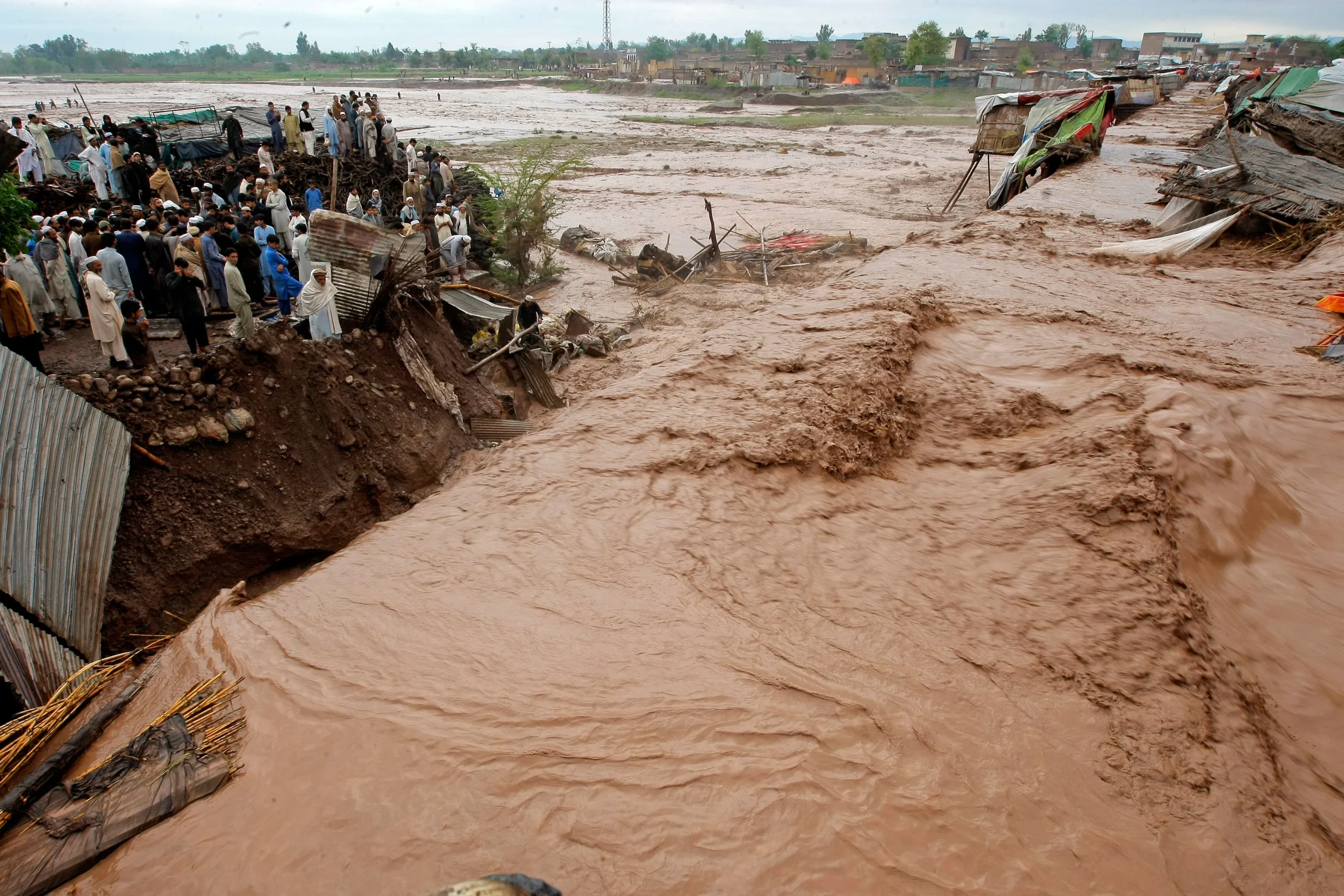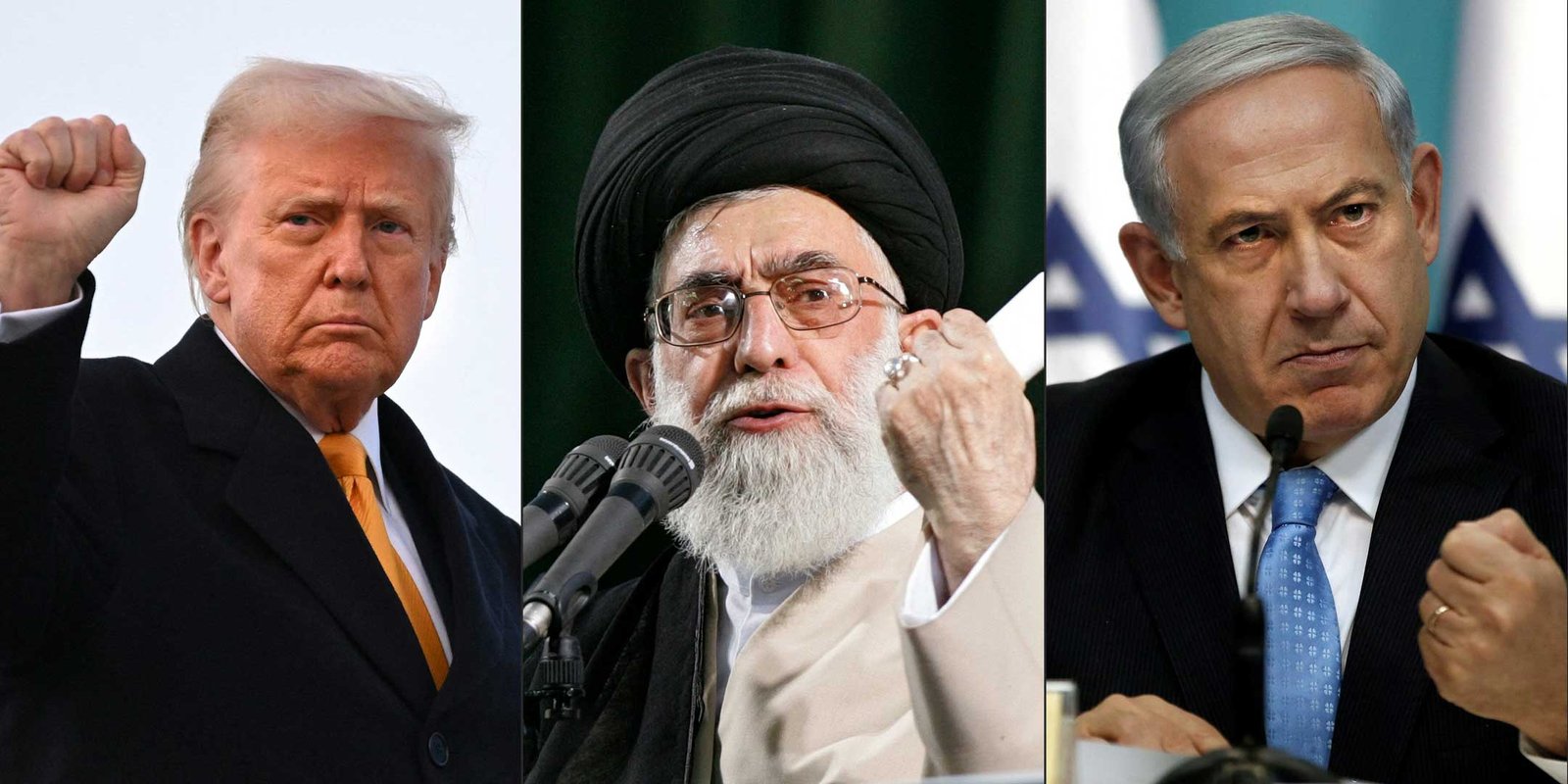Editorial
This past week, the Trump administration executed a drastic policy change by placing all workers of the United States Agency for International Development (USAID) on leave, marking a bold and controversial move in U.S. foreign policy. USAID employees, including direct-hire workers, were given a 30-day deadline to return to the U.S. Meanwhile, the newly established Department of Government Efficiency (DOGE) entered USAID’s headquarters in Washington, D.C., effectively barring access to employees, including top administrators, and severing their access to email accounts. In an unprecedented move, the agency’s branding was even removed from its building’s façade. Within moments, the agency responsible for providing aid to some of the world’s most vulnerable populations had been dismantled.
USAID’s budget has historically accounted for a mere fraction of the U.S. federal budget, yet its role in delivering humanitarian assistance, disaster relief, and disease prevention has been vital in regions like Africa, the Middle East, and South Asia. For Pakistan, this shift is especially concerning. Crucial aid programs, including those protecting cultural heritage and energy development projects, are now at risk. The long-term implications of this decision for U.S.-Pakistan relations remain unclear, and whether Congress will reinstate these funds remains to be seen.
Pl watch the video and subscribe to the YouTube channel of republicpolicy.com for quality podcasts:
The rapid restructuring of U.S. government agencies, including USAID, reflects Trump’s ongoing push to reshape the bureaucracy, a move that has already impacted the Department of Education and the Department of Justice. Through executive orders, Trump’s administration is aggressively realigning federal agencies to align with his vision, affecting hundreds of thousands of federal employees. As a result, many face uncertainty, with nearly 40,000 employees accepting resignation deals to avoid further disruption.
The dismantling of USAID marks a significant departure from U.S. foreign policy, which traditionally used soft power to bolster global influence. The elimination of such an agency leaves a vacuum that could be exploited by other global powers, such as China. While this shift might not yield immediate consequences, it risks damaging the U.S.’s long-term standing on the world stage. As Washington undergoes this upheaval, the future of U.S. foreign relations and its global influence now hinges on the decisions of a single leader.

















